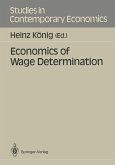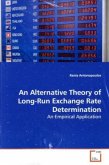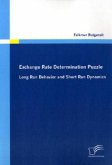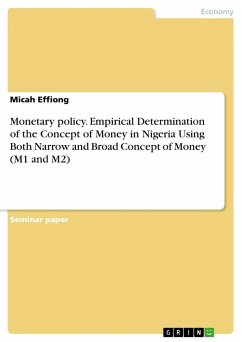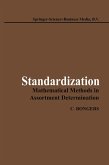This book is a collection of three studies on the
determination of wages and prices in Sweden. The
first study examines wage formation in the
Swedish engineering industry. Do changes in the
participation rates in active labour market
programmes, relief jobs or labour market training
affect the real wage outcome in this industry?
The second study examines possible intersectoral
wage linkages in Sweden. Do they exist? Is there any
evedince of a wage-leading role consistent with the
assumptions of the "Scandinavian model of inflation"
for any of the sectors?
The third study looks into the joint determination
of private-sector nominal wages and consumer prices
in Sweden. For instance, how are private-sector
wages affected by changes in consumer prices, the
unemployment rate, productivity and import prices.
In an economic policy perspective, the examination
can be motivated on several grounds. An analysis of
wage determination, price determination and the wage
linkages between different sectors of the economy
has implications for the way a stabilisation policy
is designed.
determination of wages and prices in Sweden. The
first study examines wage formation in the
Swedish engineering industry. Do changes in the
participation rates in active labour market
programmes, relief jobs or labour market training
affect the real wage outcome in this industry?
The second study examines possible intersectoral
wage linkages in Sweden. Do they exist? Is there any
evedince of a wage-leading role consistent with the
assumptions of the "Scandinavian model of inflation"
for any of the sectors?
The third study looks into the joint determination
of private-sector nominal wages and consumer prices
in Sweden. For instance, how are private-sector
wages affected by changes in consumer prices, the
unemployment rate, productivity and import prices.
In an economic policy perspective, the examination
can be motivated on several grounds. An analysis of
wage determination, price determination and the wage
linkages between different sectors of the economy
has implications for the way a stabilisation policy
is designed.


